Salt is one of the oldest and most essential minerals known to humankind. But have you ever wondered how it gets from the ground—or the sea—to your kitchen? Here’s a closer look at the fascinating journey of salt.
1. Sourcing the Salt
There are two primary sources of salt:
- Rock Salt (Halite): Mined from underground salt deposits formed millions of years ago.
- Solar Salt: Produced by evaporating seawater or brine in large shallow ponds using sunlight and wind.
At our factory, we specialize in [insert type: solar/rock] salt, ensuring both sustainability and high mineral quality.
2. Purification and Processing
Once harvested, raw salt undergoes several important steps:
- Washing: Removes sand, dust, and other impurities.
- Crushing: Breaks down large crystals into desired sizes.
- Drying: Removes any remaining moisture for long shelf life and purity.
- Sieving: Sorts salt grains by size (fine, coarse, extra fine).
3. Quality Control
Each batch is tested for:
- Purity (up to 99.9% NaCl)
- Moisture content
- Contaminants like heavy metals or insoluble matter
Our factory complies with international food safety and quality standards, such as ISO and HACCP.
4. Packaging & Distribution
Salt is packed according to customer needs:
- Small bags for retail use
- Bulk bags for industrial and commercial clients
- Custom-labeled options for brands and wholesalers
From our factory, salt is shipped across the region and internationally.
Salt’s journey may seem simple, but it’s a process driven by science, care, and quality. The next time you sprinkle salt on your food, remember the long journey it took to reach your table.
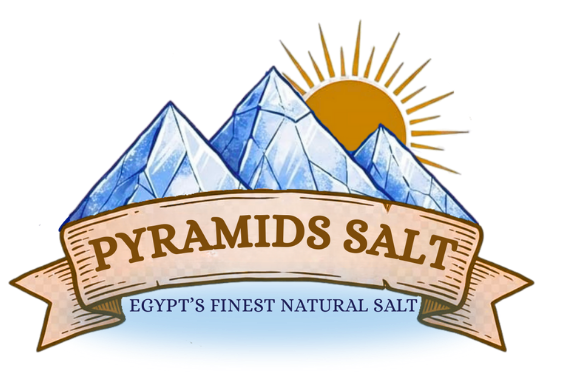
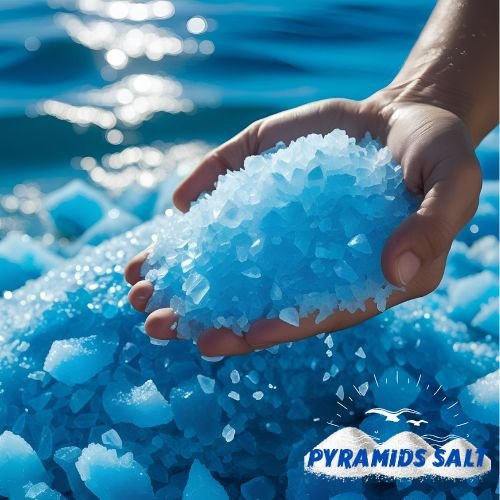
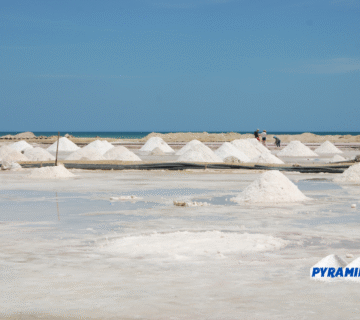
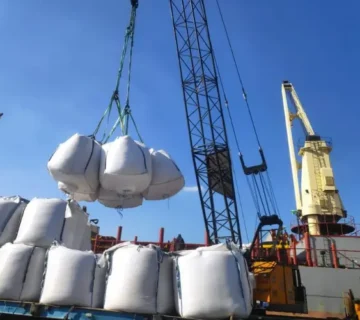
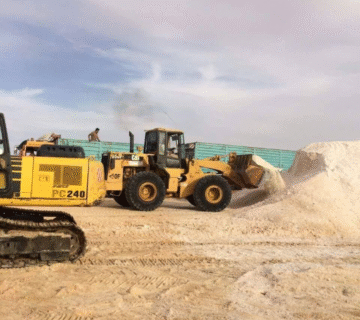
No comment